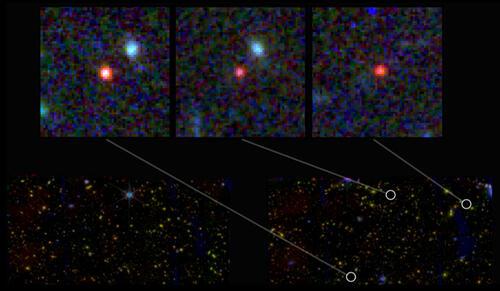
Data from the James Webb Space Telescope shows the universe may have started forming star-filled galaxies earlier than previously thought.
The Milky Way just learned it has a bunch of much older siblings.
New data from the James Webb Space Telescope (JWST) has revealed that the universe produced star-filled galaxies much earlier than previously thought. This discovery, if confirmed, is likely to provoke a major rethinking of the timing and dynamics of galaxy formation — and, perhaps, the number of stars with Earth-like planets that have developed, according to an international research team that included Yale.
“The JWST images seem to tell us there were galaxies with just as many stars as the Milky Way when the universe was in its infancy,” said Yale astronomer Pieter van Dokkum, co-author of a new Nature study describing the findings. He is the Sol Goldman Family Professor of Astronomy and professor of physics in Yale’s Faculty of Arts and Sciences.
This article is excerpted from the Yale News article of February 22, 2023 by Jim Shelton. Please see below for the full article and other related links.